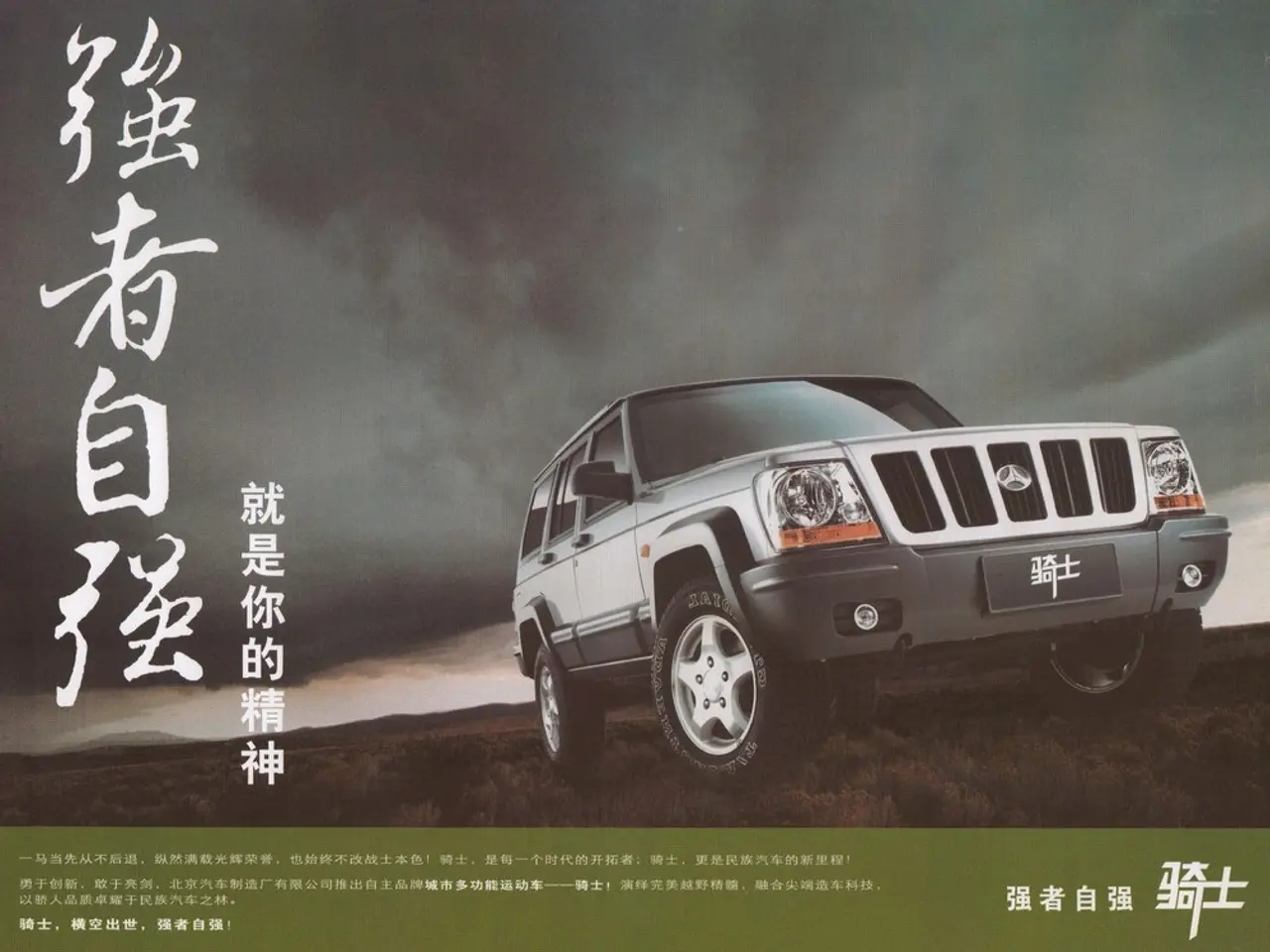China opposes European Union's sanctions imposed on Iran's nuclear development
In the coming weeks, Iran and European powers—Britain, France, Germany, and the EU—are set to resume nuclear talks, aiming to prevent the reimposition of UN sanctions through the “snapback” mechanism tied to the 2015 Iran nuclear deal (JCPOA). The talks, scheduled for late August 2025, come against a backdrop of deep distrust and high tensions.
Iran's foreign minister, Abbas Araghchi, has communicated Iran's opposition to the Europeans’ use of the snapback provision, arguing they lack legal authority and warning of serious consequences if it is invoked. Meanwhile, the European states—Germany, France, and the UK—have threatened to reinstate previous sanctions if Iran does not seek a diplomatic solution or utilize the possibility of extending negotiations by the end of August.
The snapback mechanism allows for the automatic restoration of UN sanctions on Iran for noncompliance without a new Security Council vote. This situation is intensified by Iran’s halt of cooperation with the International Atomic Energy Agency (IAEA) and uranium enrichment to near weapons-grade levels, raising international concerns.
The U.S., although not currently involved in the negotiations, supports snapback. However, the veto power of Security Council members China and Russia—who are less confrontational and have supported Iran to some extent—could block sanctions, increasing pressure on Europe to act swiftly before then.
While China and Russia have not publicly engaged in the latest scheduled talks, their interests remain crucial due to their Security Council veto powers and diplomatic influence on Iran. The European powers and Iran plan further diplomatic consultations, including talks under the aegis of the UN.
Notably, the USA unilaterally withdrew from the nuclear agreement in 2018 and reimposed sanctions on Iran. Current negotiations for a new nuclear deal between the European states and Iran have been unsuccessful so far.
In response to the threat of new sanctions from Germany, France, and the UK, Iranian Foreign Minister Abbas Araghchi stated on Thursday that Tehran would try to prevent the impending sanctions with the help of China and Russia. China has rejected the threat of new sanctions from the three European powers against Iran over its nuclear program, expressing opposition to such measures.
Despite the ongoing tensions, it is important to note that the European states and the UN have not yet reimposed the sanctions they had suspended in 2015. Lin Jian, spokesperson for the Chinese Foreign Ministry, stated that reimposing sanctions would not help "build trust and bridge differences, and is not conducive to diplomatic efforts to quickly resume talks."
As the diplomatic dance continues, both sides remain committed to finding a solution that upholds international security and respects Iran's rights and interests. The coming weeks promise to be critical in determining the future of the JCPOA and the regional and global implications of the Iranian nuclear program.
- In light of the forthcoming nuclear talks, it would be prudent for both the European powers and Iran to elaborate their community policy and employment policy regarding sanctions to ensure a clear understanding of each side's stance.
- Amidst the political uncertainty and high tensions, the general news media should closely monitor policy-and-legislation discussions around the Iran nuclear deal, as the involvement of China and Russia in the negotiations could significantly impact the outcome and global Politics.






